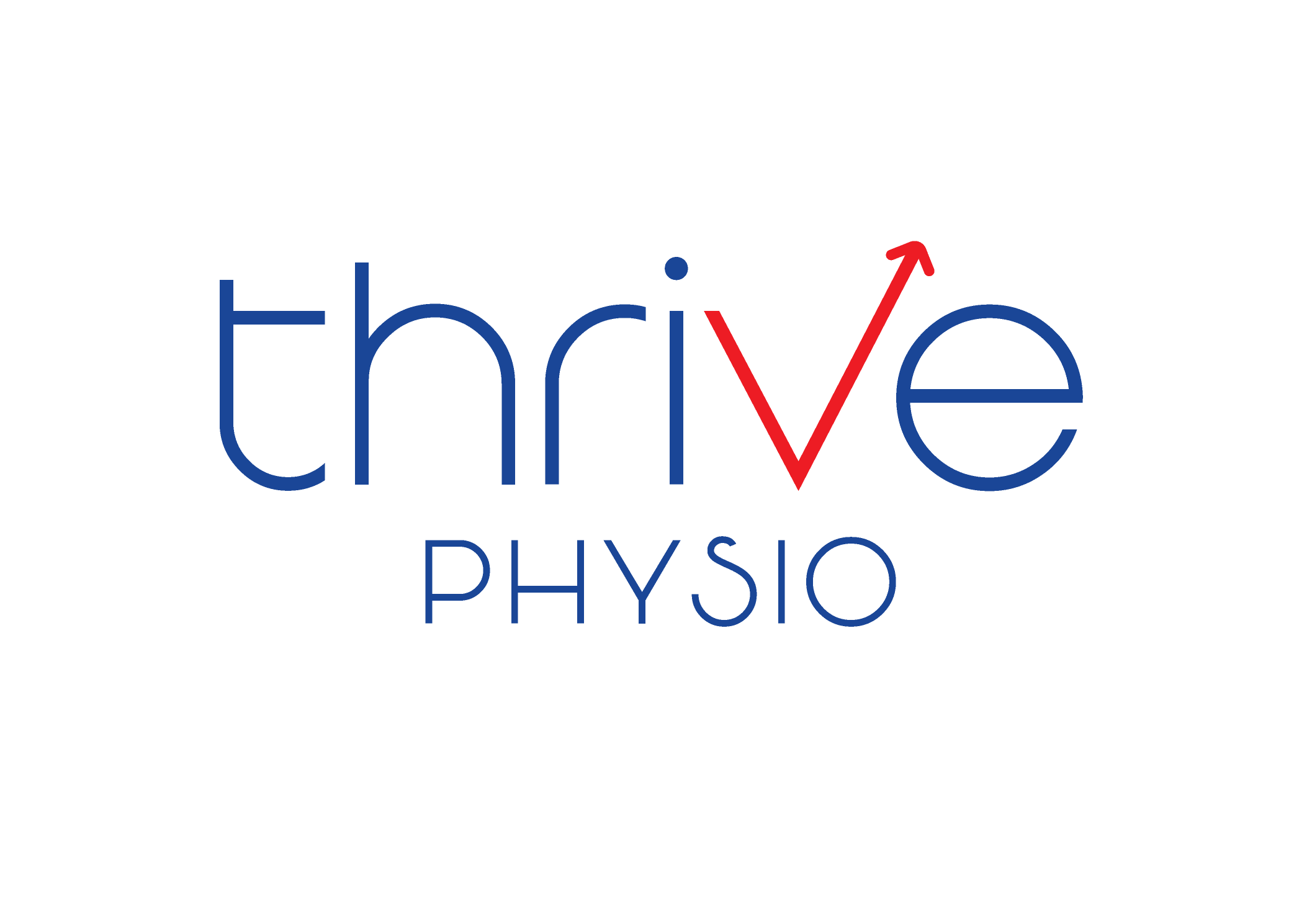Are you a pickleball player hoping to take it to the next level? Are you a golfer trying to improve putting consistency? Are you a daily commuter worried about your driving safety and reaction time? Are you a hiker wanting to be aware of your surroundings to stay safe and prevent falls? If you fall into any of these categories (and these are just a few!) read on!
We are excited to announce that we’re partnering with Smugs Fitness to offer Dynamic Vision Screening here at Thrive.
Read on for the Who, What, Where, When and Why of this assessment and training program.
What Is Dynamic Vision Screening (DVS)?
DVS is used to assess eye alignment, depth perception, convergence/divergence, target acquisition and recognition. These skills are foundational to the more complex skills of anticipation timing, eye-hand/foot/body coordination and reaction time, all of which we rely on to safely drive a car, excel in your sport, operate machinery effectively, and prevent accidents and falls especially in unpredictable environments.
Where do I perform the DVS?
To complete the DVS, all you need is a laptop or computer and a pair of red/blue glasses that we can give you here in the Thrive office. You take home the instructions and materials and complete the assessment on your own time. It only takes about 15 minutes to complete.
When would I take the DVS?
Ideally, this screen should be taken every year! Your initial assessment will serve as a baseline just like your annual lab work with your physician. Similarly, if you sign up for a Wellness Physical here at Thrive, this assessment will now be included in this visit.
If the assessment shows areas for improvement, there is training to address these deficits found. We can then reassess to see positive change, and continue to reassess yearly to catch any decline early before it becomes a greater challenge.
Who would benefit from Dynamic Vision Screening?
The short answer is- everyone. The same way we get a yearly physical that includes a quick vision assessment, we can assess our dynamic vision capacity on a yearly basis to make sure we are up to snuff. If you fall into any of the following groups, it is particularly relevant to you:
-
New and aging drivers: As a new driver, we need to be certain that there are no deficiencies in your dynamic eye tasks from the get go as you learn this new skill. Think convergence- understanding how fast cars are coming toward you…think divergence- how fast are cars moving away from you…think target acquisition- seeing, processing and being aware of all of the moving objects around your car. As an aging driver, we know our eyes are changing over time in various ways. Maybe you recently got glasses that change your vision when looking straight through the lens versus in your periphery. Or perhaps you’re concerned about your reaction time to prevent a potential accident. All of these concerns make a DVS a perfect choice to enhance your safety on the road.
-
Athletes: I don’t just mean professional athletes…I mean anyone who has an interest in honing their putting game, improving their pickleball skills, or upping their ranking in their tennis league. Every sport has some component of your visual system interacting with your body. Whether it’s eye hand coordination, eye foot coordination, focusing on a specific point to accurately deliver a pitch, or spotting during a gymnastics or ice skating routine…we all need our eyes to accurately take in the information around us and allow us to use it effectively in our sport. If you are an athlete of any level, a DVS gives us important information about how well you’re doing and whether we could improve your game by training your dynamic visual system.
-
Fall prevention: We know as we age, our fall risk increases. Balance is controlled by three main systems- our vision, our vestibular system (inner ear), and proprioception (our body’s understanding of where it is in space). We tend to think of vision as simply our eyesight, and maybe how that changes in varying degrees of lightness or darkness. However, our dynamic visual capacity relates to how well we can take information in with our eyes, process that information and act on it. For example, if you’re out hiking with your dog you are doing a whole lot of things at once- checking the trail for roots, reigning in the leash when needed, assessing other people approaching on the trail, turning to look for an animal when you see a rustle of branches in your periphery. A DVS will help to assess how adept you are at these visual tasks to make sure you can keep moving as safely as you can for as long as you can.
-
Kids 6-14 years old: A DVS will show us the big picture of a child’s foundational visual skills. As a child begins to specialize and master tasks/activities, we can begin to isolate the errors made from learning mistakes vs. visual judgement errors. These are also related to reading, reading comprehension, math organizational skills and spatial awareness. This DVS assessment should be part of the annual comprehensive eye exam!
Why do a Dynamic Vision Screening?
I am hoping if you have gotten this far, you have your answer already 🙂 We are passionate about keeping you out of reactive mode by preventatively screening systems to stay ahead the game. We feel a DVS is a key component to assess to enhance driving safety, maximize athletic performance, and prevent falls as we age.
If you are interested in completing the DVS, Click here to request more information.



